Winter diet: Foods that makes you healthy in winter|NutriSwasth

Winter means the coldest season is just knocking on the door, right? It`s time to be prepared to cover up our body with a sweater, jackets, etc. During winter, we need to protect ourselves from cold, cough, fever, etc. Same as outside protection, we also need to protect our health from the inner side. Therefore, in winter if you want to be fit and want to boost up your immune system then you need to choose the correct foods for yourself.
Not only for the seasonal health issues, but winter is also famous for the celebration of X-mas, New Year worldwide. Parties, gathering, and clubbing with all friends and families are obvious during this season. Therefore, if you want to enjoy every moment of these occasions, you need to be fit at all.
Now, let us talk about some healthy seasonal food items, which you need to include in your diet to be healthy in winter:
1. Seasonal vegetables:
If summer is famous for various fruits, then winter is known for various types of fresh vegetables. This season gives us a chance to enjoy the freshness of various vegetables, like;
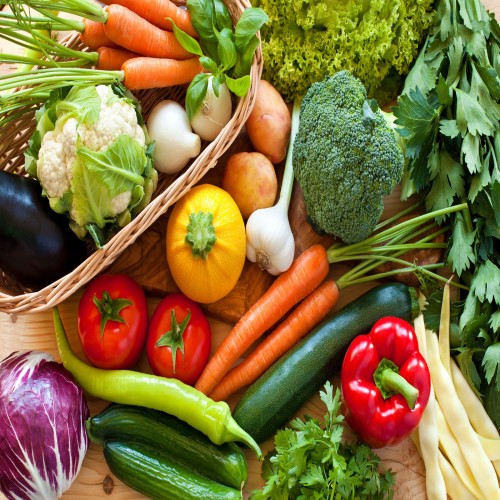 Carrot,
Carrot,
beans,
capsicum or green paper,
cauliflower,
cabbage,
broccoli,
spring onion,
eggplant (brinjal),
peas,
asparagus, etc.
All these vegetables are very common which you can get easily in the market. All these vegetables are loaded with essential nutrients like vitamins, minerals, fibers, etc.
Health benefits of seasonal vegetables:
-
Vegetables are rich in fiber and low in fat and calories. It helps to prevent constipation, maintain cholesterol level, helps to regulate blood sugar level, improve the digestive system and also helps to lose body weight.
-
Most of the vegetables are loaded with essential nutrients like Vitamin -A, Vitamin -C, Vitamin-K, B-complex, iron, folate, calcium, magnesium and many more. All these nutrients are very essential for our eyes, heart health, bone health, brain development, boost-up immune system, etc. Therefore, in one-word, vegetables are very essential for the overall growth and development of our body.
-
Vegetables also help to maintain our skin health. Due to the presence of essential vitamins and minerals, it helps to maintain skin health. Along with this, vegetables also contain a good amount of water that also helps us to hydrate ourselves, especially in winter.
2. Seasonal fruits:
Winter is famous for fresh, different types of citrus fruits. Along with citrus fruits, there are several types of seasonal fruits also available in markets. Like;
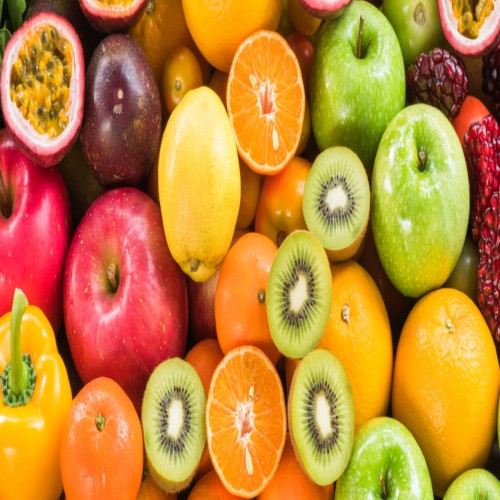 Orange
Orange
Grapefruits
Strawberry
Apple
Pomegranate
Amla
Cherries
Dates
Star fruits (Kamranga)
Pear
Kiwi fruits,
Indian jujube (Kul) etc.
Health benefits of seasonal fruits:
-
Fruits are very good sources of vitamins and minerals like Vitamin-A, vitamin-C, B-vitamins, potassium, copper, zinc, phosphorus, iron, magnesium, etc.
-
Rich in fiber and also high in antioxidants.
-
It helps to improve your immune system, protect from cold & cough, good for heart health, improve digestion, maintain skin health, etc.
-
It helps to lose weight.
-
Fruits also contain a good amount of water which helps to hydrate our body in winter.
3. Jaggery:
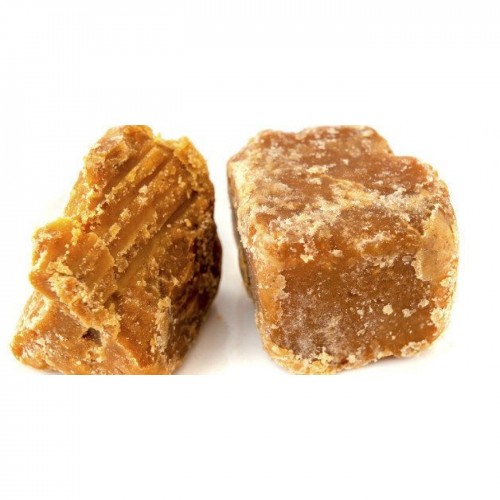 Jaggery is a very popular organically obtained sweet food, especially in India in winter. If you are a sweet lover, then jaggery is a good option to substitute refined sugar. Jaggery is an unrefined sugar, which naturally comes from sugarcane or dates or palm sap. A normal adult person can take 2-3 tsp (10-15 gram) of jaggery per day.
Jaggery is a very popular organically obtained sweet food, especially in India in winter. If you are a sweet lover, then jaggery is a good option to substitute refined sugar. Jaggery is an unrefined sugar, which naturally comes from sugarcane or dates or palm sap. A normal adult person can take 2-3 tsp (10-15 gram) of jaggery per day.
In India, Jaggery is very popular with the name of ‘Gur’. Some other places it also known as different names like,
In Colombia: Panela
In Japanese: Kokuto
In Afghanistan: Gur
In Chinese: Hong tang.
Health benefits of jaggery:
-
Natural sweetener
-
Help to elevate the energy levels.
-
Act as a blood purifier and also helps to prevent anemia
-
It helps to provide relief from respiratory problems.
-
Prevent constipation and helps in better digestion.
-
It helps liver detoxification.
-
It helps to get relief from joint pain.
How to use jaggery:
-
As a dessert item
-
Can take it with kheer
-
Drink hot milk with 1tsp of jaggery.
4. Honey:
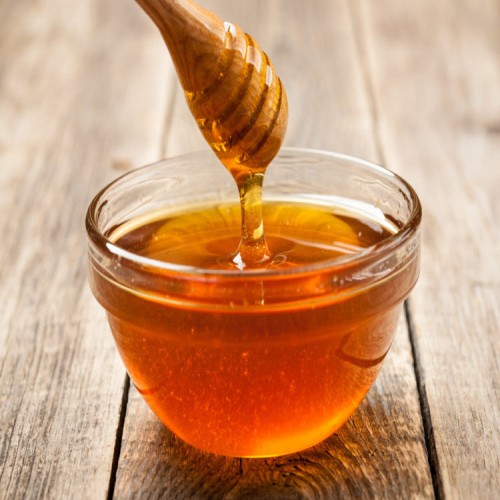 Honey is another natural sweetener. Honey is a good source of energy and also contains some vitamins and minerals like vitamin-C, B-vitamins, iron, calcium and phosphorus potassium, and zinc, etc. A normal adult person can take 1-2 tsp honey per day.
Honey is another natural sweetener. Honey is a good source of energy and also contains some vitamins and minerals like vitamin-C, B-vitamins, iron, calcium and phosphorus potassium, and zinc, etc. A normal adult person can take 1-2 tsp honey per day.
Health benefits of honey:
-
Prevent cold and cough
-
It helps in wound healing and also used in burns or other skin treatments.
-
Good source of energy
-
Keep us warm
-
Due to the presence of antioxidants like polyphenols, which may help to prevent heart disease, control blood pressure level.
How to use honey:
-
One teaspoon of raw honey can be taken every morning.
-
It can be taken as a sweetener with dessert.
-
Take 1tsp with tea or a glass of milk.
-
Use in cooking or dressing salad.
5. Ghee:
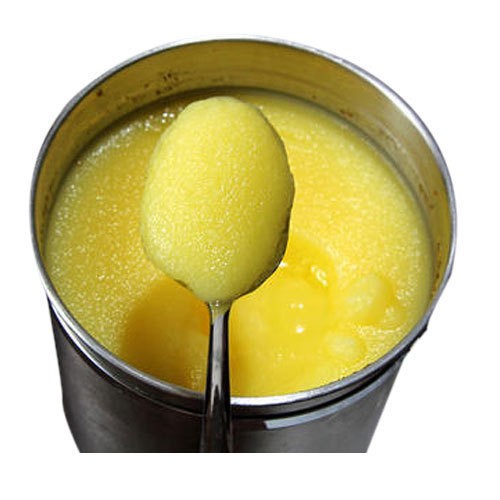 “Desi Ghee” is the very popular foodstuff in India. It is used as a fat for Indian cooking. Not only that, but ghee is also used in Ayurvedic treatment and the traditional culture from thousand years ago. Ghee is also known for its smell. If you consider the nutritional values of ghee, it is rich in omega-3 fatty acid, vitamin-A, vitamin-E, vitamin-k along with saturated fat, monounsaturated fat, polyunsaturated fat.
“Desi Ghee” is the very popular foodstuff in India. It is used as a fat for Indian cooking. Not only that, but ghee is also used in Ayurvedic treatment and the traditional culture from thousand years ago. Ghee is also known for its smell. If you consider the nutritional values of ghee, it is rich in omega-3 fatty acid, vitamin-A, vitamin-E, vitamin-k along with saturated fat, monounsaturated fat, polyunsaturated fat.
One or two tsp of ghee can be consumed on a daily basis.
Health benefits of ghee:
-
Ghee is used for medicinal purposes in ayurvedic treatment.
-
Good for better digestion and also helps to prevent constipation.
-
Ghee containing cholesterol, omega-3 fatty acid and other nutrients that play a role to boost up our brain health.
-
It helps in stress relief.
-
It helps to elevate the energy level and also boosts up the immune system.
-
It helps to absorb fat-soluble vitamins (like vitamin A, D, E, K) in the body.
-
During winter ghee works as natural moisture.
6. Tea:
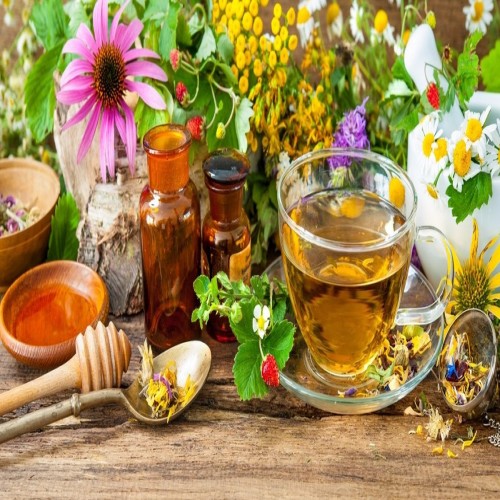 In winter, if you want to stay with a full of energy and refreshing, tea is the best option for you. You can try various types of herbal teas for your refreshment, especially in winter, like;
In winter, if you want to stay with a full of energy and refreshing, tea is the best option for you. You can try various types of herbal teas for your refreshment, especially in winter, like;
Green tea,
Ginger – tulsi tea,
Mint tea,
Turmeric tea,
Cinnamon tea and
Milk tea with ginger, etc.
Not only refreshment, but herbal teas also have health benefits. You can enjoy 2-3 cups of tea per day, especially in winter.
Health benefits of tea:
-
Boost your immune system
-
Control blood sugar levels.
-
Helps to get relief from cold and cough
-
It helps to maintain heart health.
-
Helps to regulate blood pressure
-
It helps in stress relief.
7. Fluid:
In winter, sometimes we feel less thirsty. Therefore, fluid consumption becomes low. Less amount of fluid consumption may cause dehydration, dryness of skin, yellowish urination, constipation, etc.
Therefore, try to consume a sufficient amount of fluid to be hydrated in winter. At least try to intake 2-2.5 liter of fluid on a regular basis in a form of water, soup, stew, and juice, etc.
So, these are very common food items which you need to include in your diet especially in winter. Along with these, you can also consume curd, channa, apple cider vinegar, nuts like almonds, peanuts, walnuts, cashew, etc to boost up your immune system, and to stay fit. Lastly, when it’s about health then never forget to do physical activities and exercise at least 40-60 min on a daily basis.
| Related topic: Some food ingredient tips that make your health charming in this winter |
References:
- https://food.ndtv.com/health/winter-diet-follow-these-5-diet-tips-to-stay-warm-naturally-during-winters-1986761
- https://food.ndtv.com/health/15-jaggery-benefits-ever-wondered-why-our-elders-end-a-meal-with-gur-1270883
- https://www.consciouslifestylemag.com/ghee-benefits/
- https://www.harpersbazaar.com/beauty/diet-fitness/a13102/10-foods-to-avoid-common-cold/
- https://www.stylecraze.com/articles/benefits-of-citrus-fruits-for-skin-hair-and-health/#gref
- https://www.healthline.com/nutrition/10-benefits-of-honey#section2










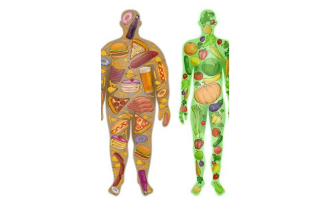

0 Comments